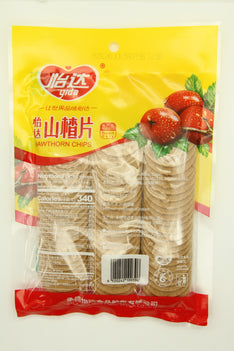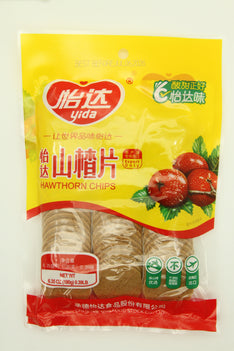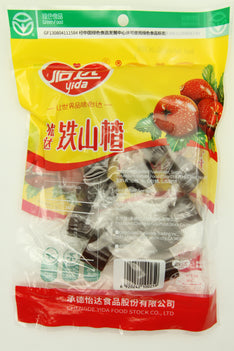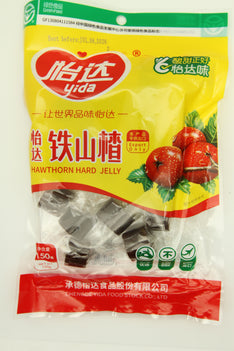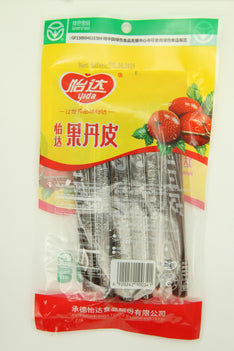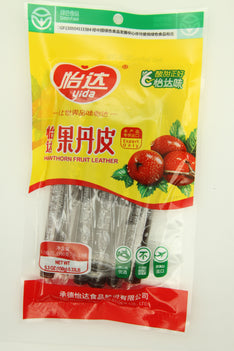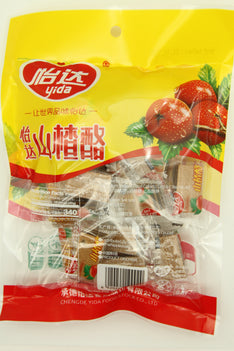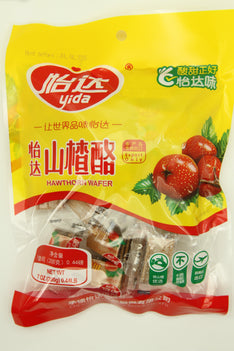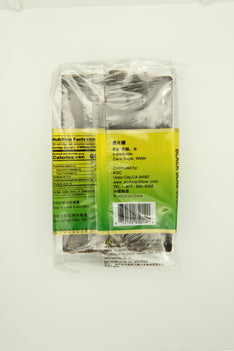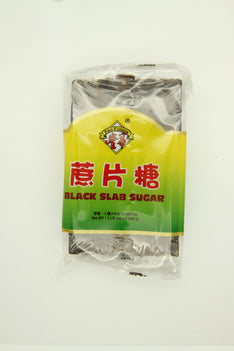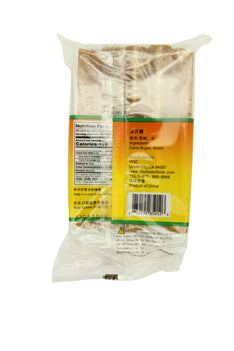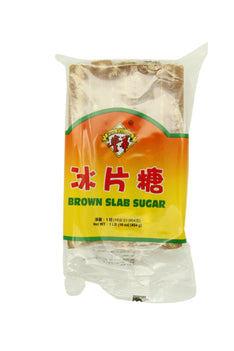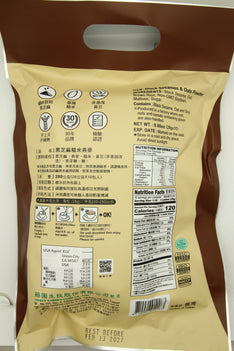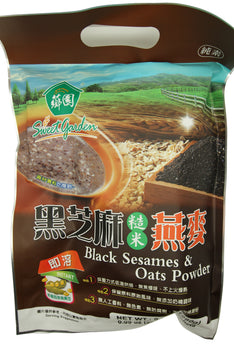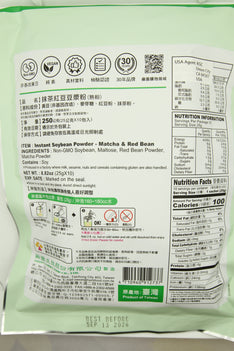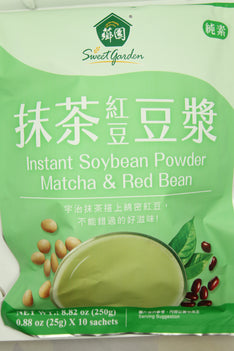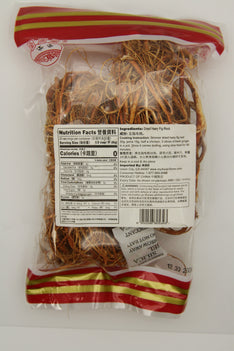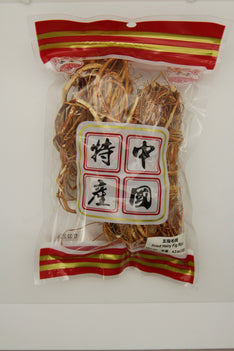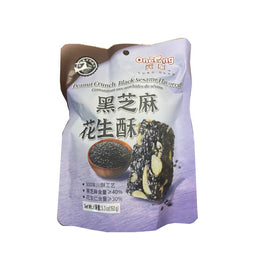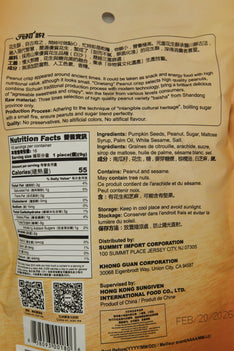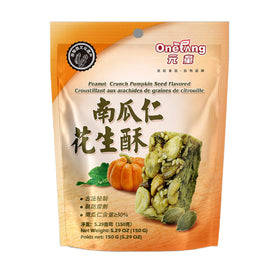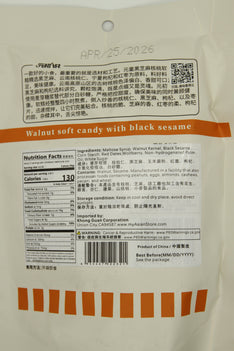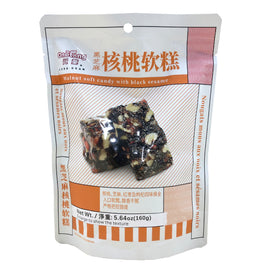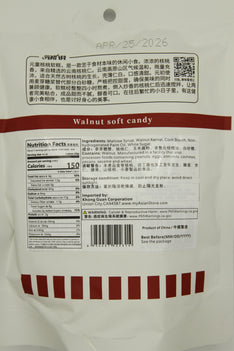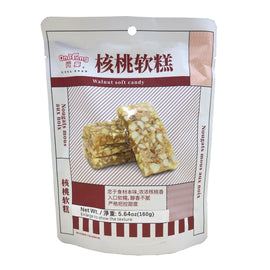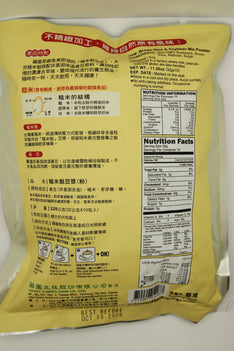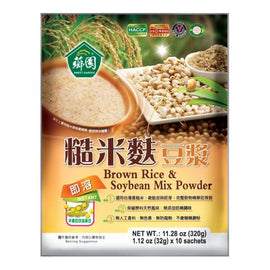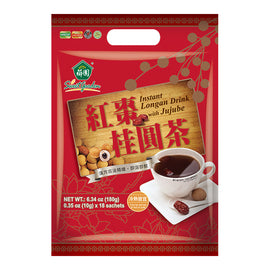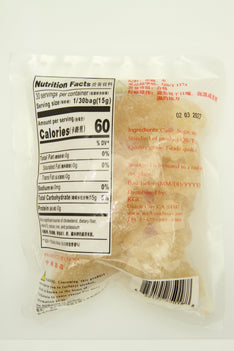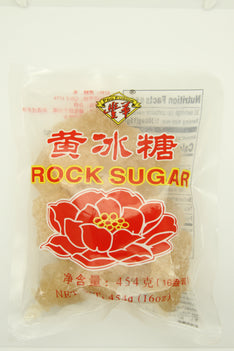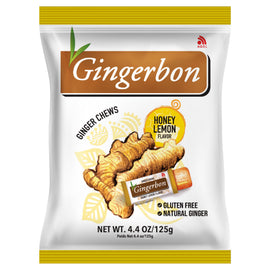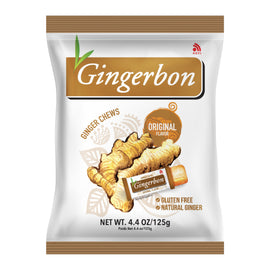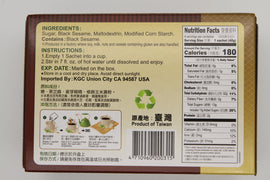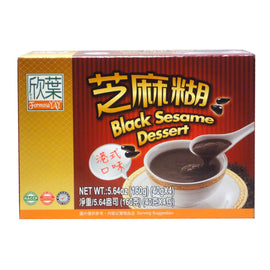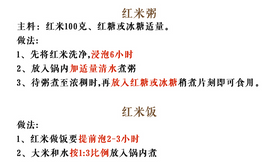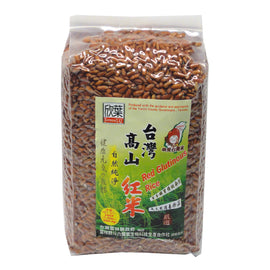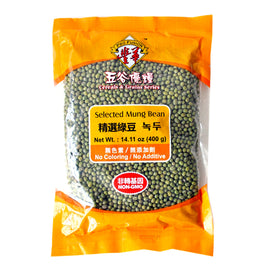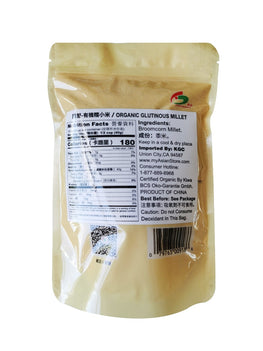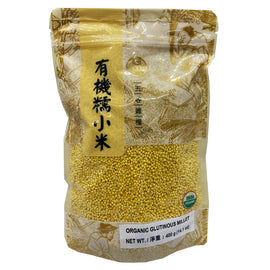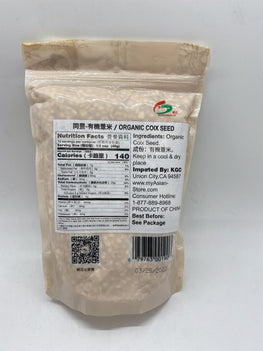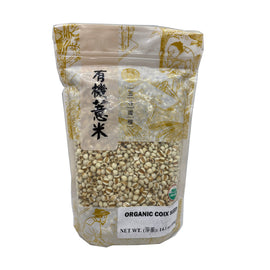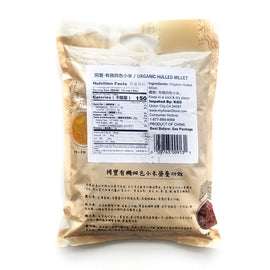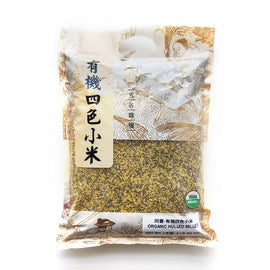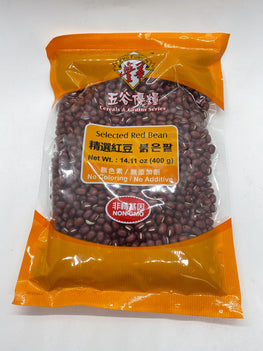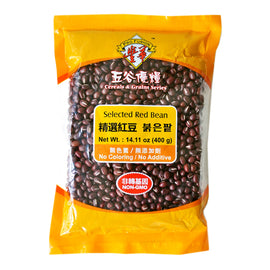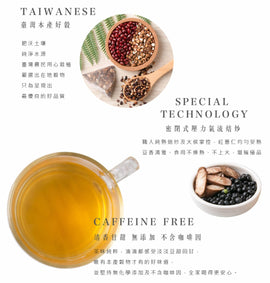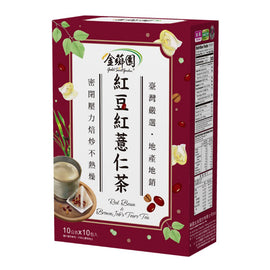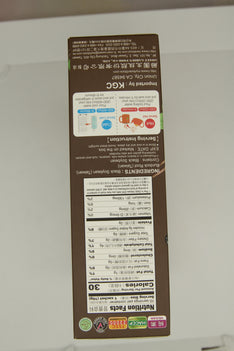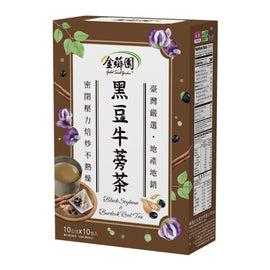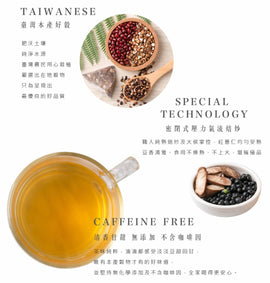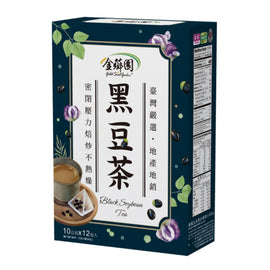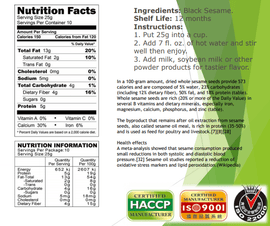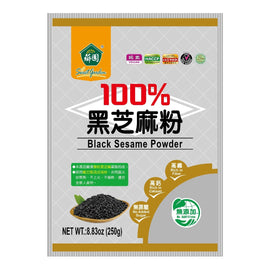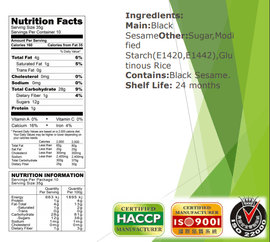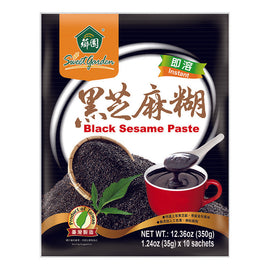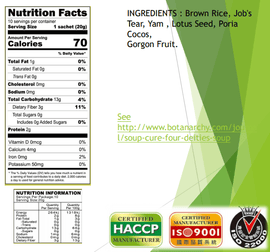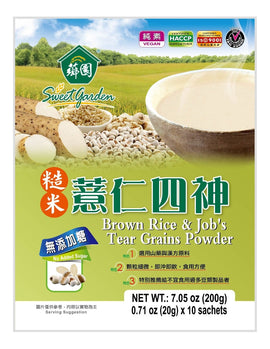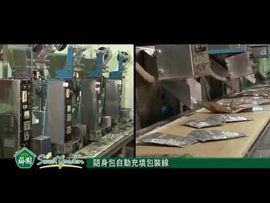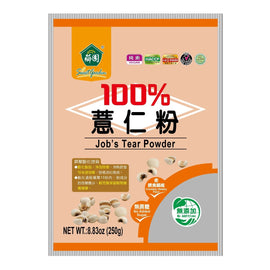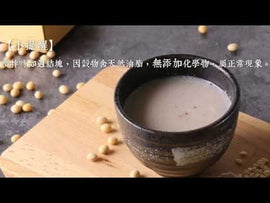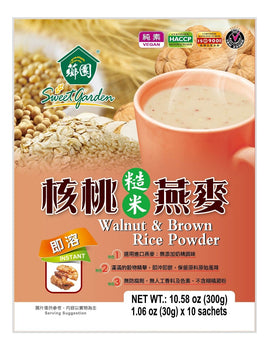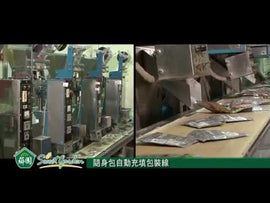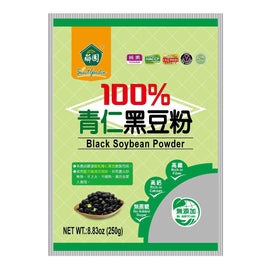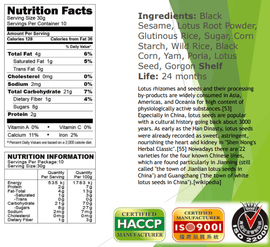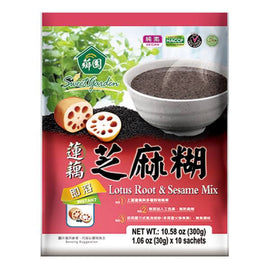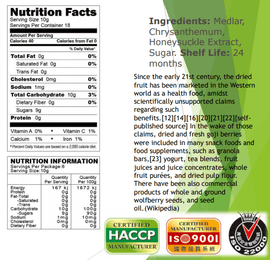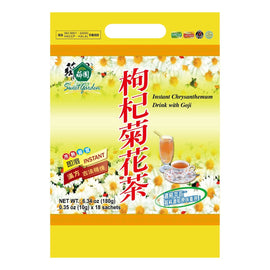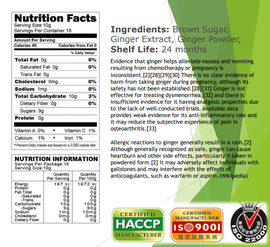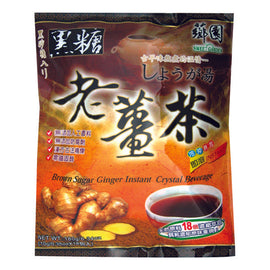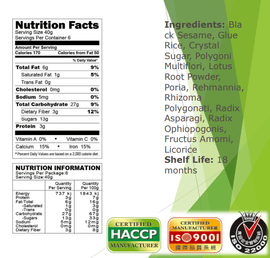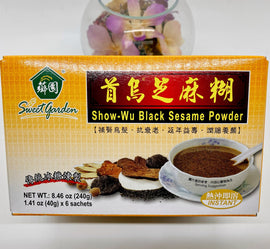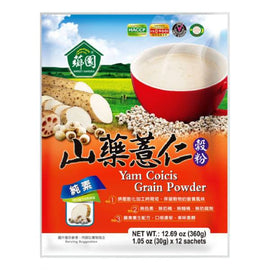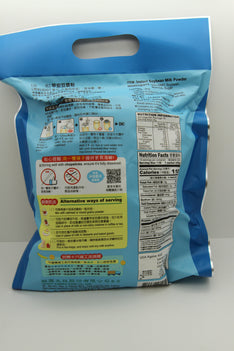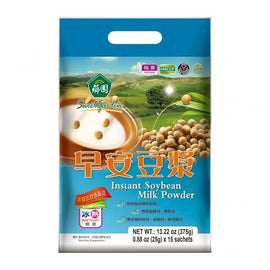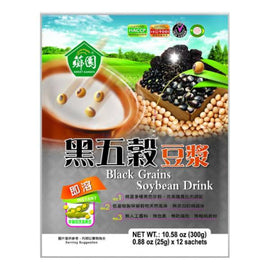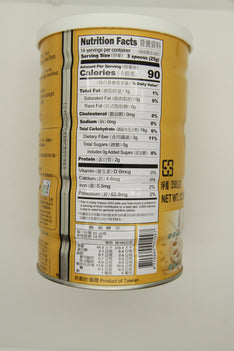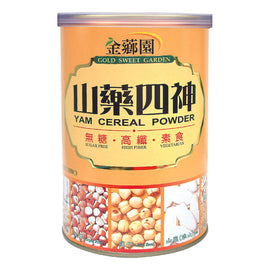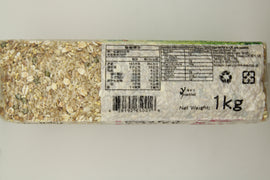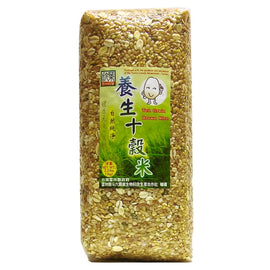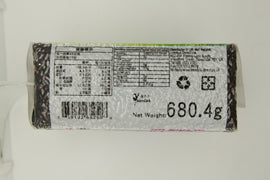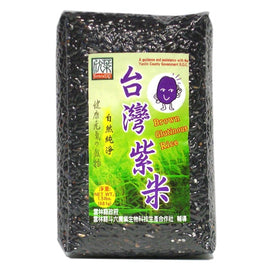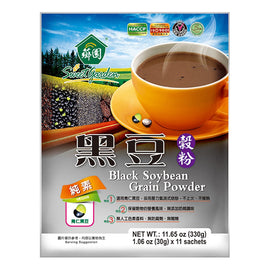Product successfully added to your shopping cart

TCM Dietetics
Beyond Calories: An Introduction to Eating the TCM Way
In the U.S., we often talk about food in terms of macronutrients: proteins, carbs, and fats. We count calories, track grams of sugar, and strive for the perfect balance of vitamins. But what if there was a way to look at food that had nothing to do with these numbers? A system that asked not just what you eat, but how it makes you feel, and even when you should eat it?
Welcome to the world of Traditional Chinese Medicine (TCM) dietetics—a 3,000-year-old holistic approach that views food as medicine and eating as a way to maintain balance and vitality.
The Core Idea: You Are a Garden, Not a Machine
Think of your body not as a machine that needs fuel, but as a living garden. For a garden to thrive, it needs the right balance of sun and shade, water and drainage. If it’s too dry, the plants wilt. If it’s too wet, the roots rot. The goal is a harmonious ecosystem.
In TCM, your health depends on the smooth flow and balance of your vital life force, or Qi (pronounced "chee"), and the fundamental forces of Yin and Yang.
-
Yang is like the sun: warm, active, and energetic.
-
Yin is like the shade: cool, calm, and moistening.
When you’re healthy, your Yin and Yang are in balance. But stress, lifestyle, environment, and, crucially, your diet can throw this balance off. TCM dietetics is the art of using food to bring you back into harmony.
The TCM "Food Label": It’s Not What You Think
Forget the nutrition facts panel for a moment. In TCM, every food has a set of unique characteristics that describe how it affects your body’s energy.
1. Thermal Nature: How Food Heats or Cools You
This is one of the most distinctive concepts. Foods are categorized by their innate "temperature," which has nothing to do with whether they are served hot or cold.
-
Heating (Yang) Foods: Think of ginger, chili peppers, lamb, and cinnamon. These foods generate warmth in the body. You might crave them in the dead of winter or if you constantly feel cold and tired.
-
Cooling (Yin) Foods: Think of cucumber, watermelon, mint, and green tea. These foods clear heat and have a cooling, hydrating effect. They are wonderful for a hot summer day or if you experience inflammation, night sweats, or feel "hot-headed."
-
Neutral Foods: Foods like carrots, cabbage, brown rice, and lean meats provide stable, sustained energy without strongly heating or cooling.
2. Flavor: A Tool for Your Organs
In TCM, each of the five main flavors has a specific therapeutic action and is connected to an organ system.
-
Pungent (Spicy): (e.g., ginger, garlic, radish) - Promotes circulation and disperses energy. Good for when you feel stuck or are coming down with a cold.
-
Sweet: (e.g., sweet potato, corn, beef) - Nourishes and harmonizes the body. The key here is natural sweetness, not refined sugar.
-
Sour: (e.g., lemon, vinegar, pickles) - Absorbs fluids and energy. Useful if you tend to sweat a lot.
-
Bitter: (e.g., dandelion greens, romaine lettuce, dark chocolate) - Drains and dries dampness (a TCM concept for sluggishness and fluid retention).
-
Salty: (e.g., seaweed, miso, salt) - Softens hard masses and promotes digestion.
Putting It Into Practice: How to Eat the TCM Way
This might sound complex, but you can start integrating these principles with a few simple shifts.
-
Eat for the Season. This is the easiest place to start. Nature often provides what we need.
-
Spring: A time of growth. Eat lighter, more pungent greens (like scallions and sprouts) to help the body "spring clean."
-
Summer: The height of Yang. Embrace cooling foods like salads, fruits, and cucumber to balance the external heat.
-
Fall: A time of drying and turning inward. Incorporate more moistening foods like pears, apples, and soups.
-
Winter: The height of Yin. This is the time for warm, slow-cooked stews, roasted root vegetables, and hearty meats to build warmth and store energy.
-
-
Listen to Your Body's Cues. Do you often feel cold? Incorporate more warming foods like soups and stews. Do you often feel hot and agitated? Try adding more cooling cucumbers and melon. TCM is deeply personalized.
-
Cook Your Food. From a TCM perspective, raw salads and smoothies are very cooling and can be difficult to digest, especially for those who already feel weak or cold. Lightly steaming, sautéing, or roasting your vegetables makes them warmer and easier for your digestive system ("Spleen" in TCM) to process.
-
Make Lunch Your Biggest Meal. TCM theory aligns with the sun's cycle. Your digestive fire is strongest around midday (12-2 PM), just as the sun is at its peak. Eating a substantial, well-cooked meal at lunch ensures you can digest it fully and efficiently convert it into usable energy.
A Final Thought: An Invitation to Explore
TCM dietetics isn’t about restrictive rules or fad diets. It’s an invitation to become more mindful of the relationship between your food and your well-being. It encourages you to see a simple bowl of chicken soup not just as comfort food, but as a warming, nourishing medicine that can strengthen your body when you’re run down.
It’s a different language for understanding your health—one of balance, harmony, and gentle, natural support. Why not give it a try? The next time you plan a meal, think less about the calories and more about how the food will make your inner garden thrive.
Disclaimer: This article is for educational purposes only. It is not a substitute for professional medical advice, diagnosis, or treatment. Always seek the advice of your physician or another qualified health provider with any questions you may have regarding a medical condition. For a personalized TCM dietary plan, consult a licensed acupuncturist or TCM practitioner.



